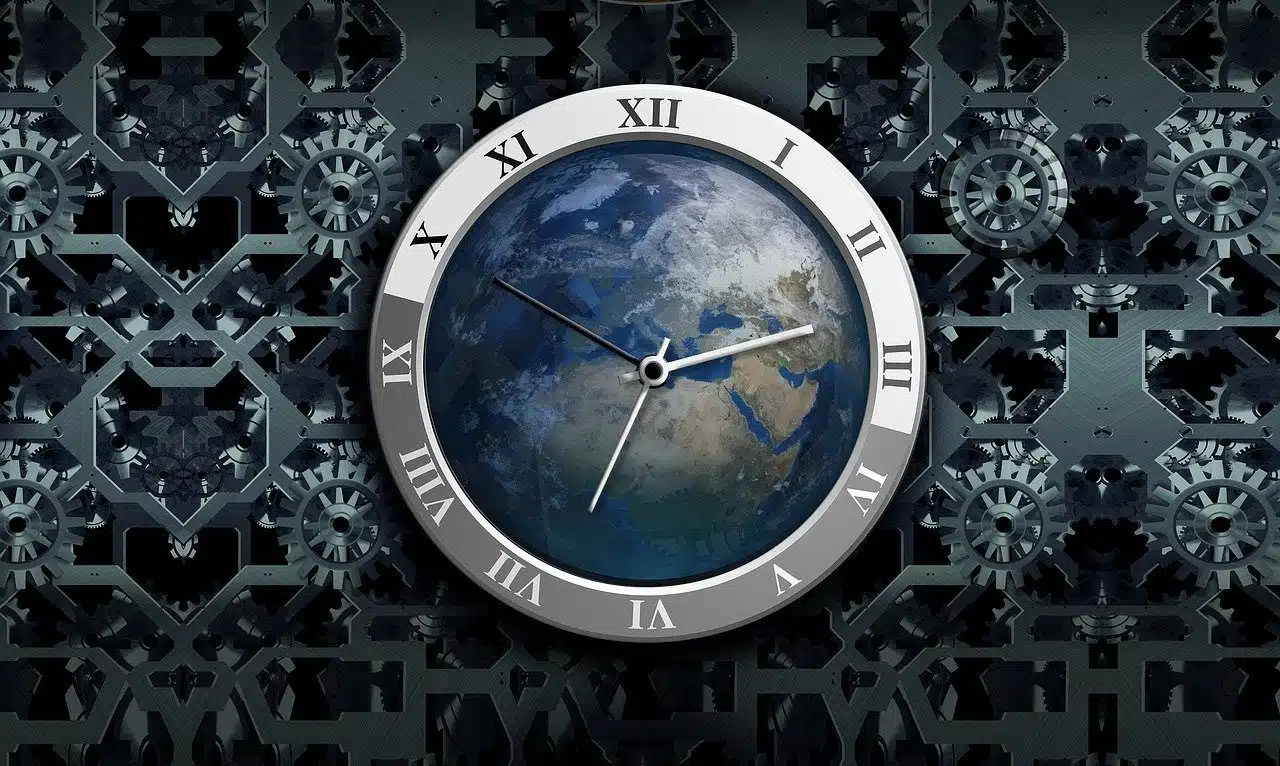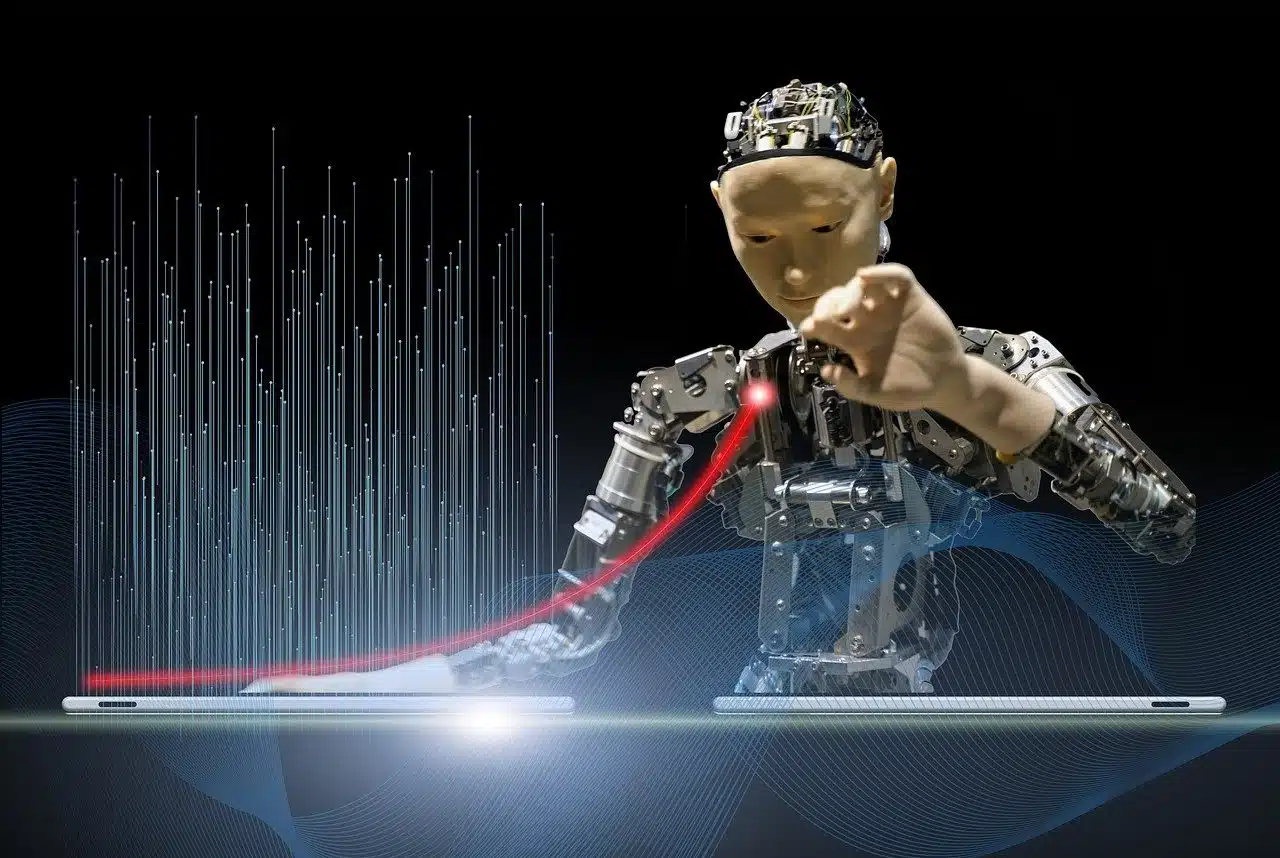
The concept of spatiotemporal singularity is used in physics.
Singularity is a notion that has its origins in the Latin word singularĭtas . It is about the characteristic of that which is singular : uncommon, out of the ordinary or amazing. Uniqueness, therefore, is the quality that distinguishes something from other things of its kind .
For example: "The uniqueness of 'Hopscotch' is that it should not be read straight through, but you have to alternate the chapters" , "To be successful in China, we must know the uniqueness of the market" , "We must spread the cultural uniqueness of this region so that more tourists come to know it .
Living beings can be described as unique if they present certain features, whether physical or in their way of being, that clearly distinguish them from the rest of the individuals of their species or their environment. A uniqueness in the character of a person or an animal can be something that differentiates it from the rest, usually something positive, which makes it special and attracts the attention of others.
Different types of singularity
The idea of singularity is used specifically in various contexts. In the field of physics , the region of space-time in which it is not possible to determine physical magnitudes linked to gravitational fields is called a space-time singularity .
The mathematical singularity , for its part, is linked to functions . There are functions that show unusual behavior when assigning certain values to the independent variables: in these cases, we speak of the uniqueness of the function.
The concept in the field of technology
Another concept in which the word singularity appears is in the field of technology . The technological singularity refers to a hypothetical moment in which the development of artificial intelligence would cause a profound change in society. Such a change would be so great that people would not be able to adapt to the new environment. For technological singularity to be possible, artificial intelligence needs to surpass human intelligence .
The main idea behind the hypothetical technological singularity, sometimes also called strong artificial intelligence or omega , is for robots to become so intelligent as to begin building more advanced versions of themselves, using concepts and principles that exceed the capabilities of the being. human, who could never dominate them again.
Likewise, artificial intelligence entities existing purely in software could be capable of programming improvements for themselves, as well as cloning themselves or developing new entities from scratch, which would also exceed human knowledge in the field of programming and associated subjects, such as mathematics and logic.

The technological singularity will occur when artificial intelligence surpasses human intelligence.
The danger of technological singularity
Although the technological singularity seems typical of a book by Isaac Asimov or a futuristic science fiction film, many specialists on the subject assure that we are not that far from experiencing it in reality . Some signs of its emergence are the increasing intelligence of search engines and the amount of information they collect about us; This may seem comfortable to us on a day-to-day basis, but in the future it could turn against us.
Among the scholars who point to the 2030s for the arrival of this unprecedented phenomenon , there are those who assure that we would not be able to know if artificial intelligence has already reached this state of superiority with respect to humans if it wanted to hide it from us.
The dream of every artificial intelligence developer is that his creations surprise him, that he reaches reasoning that he has not predicted, that he reacts in unexpected ways; and it is this same passion, similar to that of parents who try to give their children all the possibilities that are within their reach, that can lead us to technological singularity.
